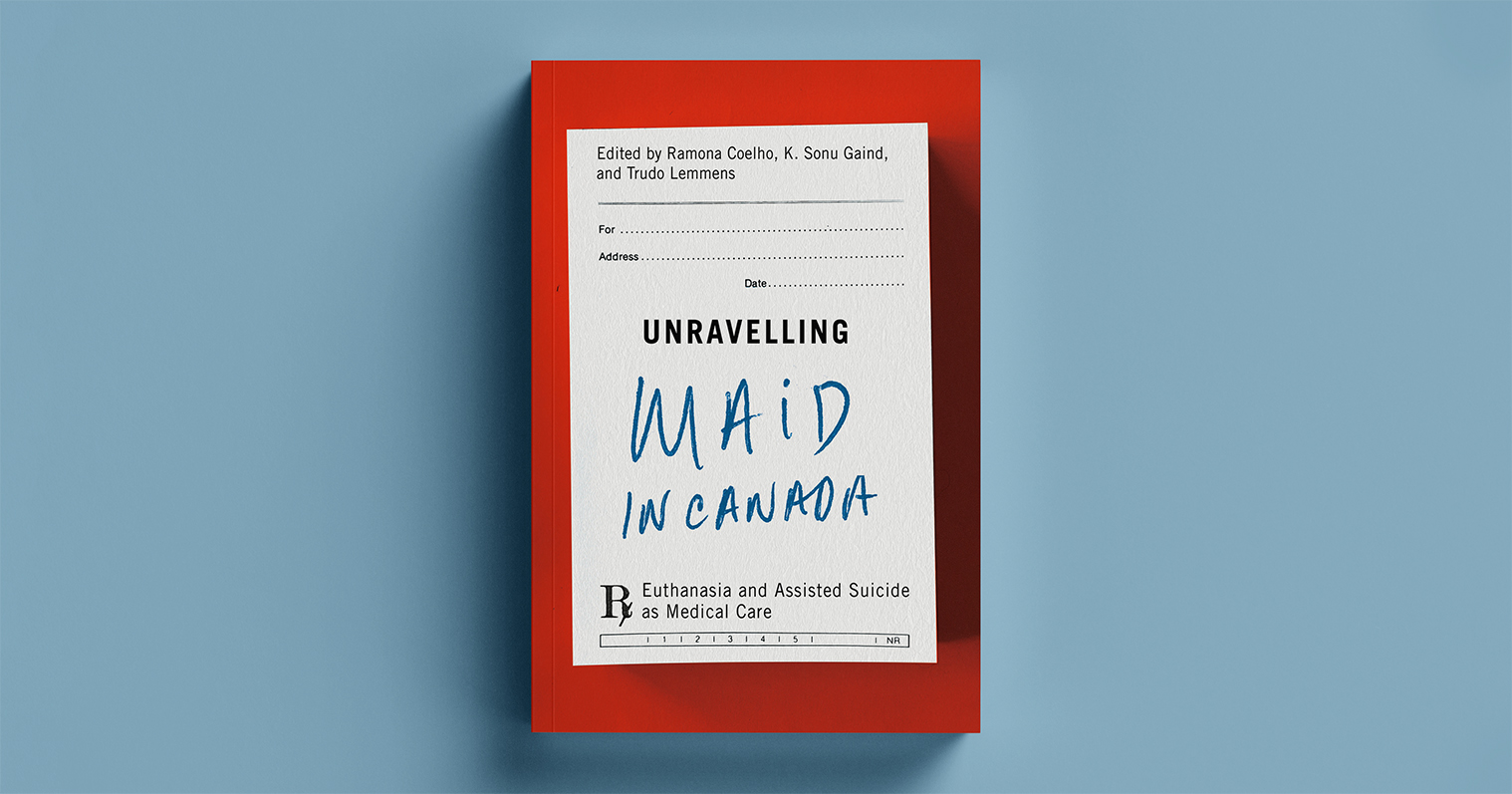Translation by the Physicians’ Alliance against Euthanasia
BY EMAIL
May 29, 2018
Dr. Gaétan Barrette
Minister of Health and Social services
ministre@msss.gouv.qc.ca
Subject: Access to quality palliative care in Quebec
Mr. Minister,
In accordance with its mission, the Collège des médecins du Québec (hereafter referred to as the Collège), upholds the value of quality health-care, in the service of the public. In particular, with respect to end-of-life care, the Collège has been entrusted and specifically mandated to oversee the implementation and continued application of the Act Respecting End-of-Life Care. The Collège, in collaboration with the other professional orders concerned, has therefore developed numerous practice guidelines for end-of-life care. It has also set up a committee for end-of-life care that evaluates the quality of continuous palliative sedation and medical aid in dying and analyses the cases of medical aid in dying on which it is notified by the Commission on end-of-life care. It organizes training workshops and intervenes in various health care settings and universities to train and inform caregivers on the whole of end-of-life care. In the context of these different activities, the Collège works in collaboration with physicians and other health and social service professionals who are involved in caring for the sick and those at the end-of- life.
It is in this context that, in recent months, many of the people involved, from different spheres, have expressed to the Collège that doctors are leaving and not being replaced in many palliative care environments, a situation which compromises access to palliative care and is contrary to the spirit and letter of the Act Respecting End-of-Life Care.
The Collège itself has, on numerous occasions, noted the difficulties that many patients have had, in accessing end-of-life palliative care. Even in the regions where palliative care is better established, patients whose needs have been clearly identified are faced with an inability (inefficiency in coordinating, inappropriate admission criteria, etc.) of the health and social services network to provide the palliative care they need. In some cases that have been well identified, patients, lacking the necessary care, have had no other choice but to ask for medical assistance in dying, to end their final days ‘in dignity’. This is of great concern to us.
It has been reported to the Collège that patients requesting medical assistance in dying are prioritized for available resources (with respect to medical and psychosocial evaluation, spiritual support etc.,) to accompany them until their final moments, to the detriment of other patients at the end-of-life having similar needs. These comments are in addition to the recent opinion of the National Ethics Committee on Aging and the public testimonies of the Association québécoise de soins palliatifs as well as numerous articles and reports published or broadcast in the media since 2015.
In addition, the Commission for End-of-life care has the mandate, entrusted by the Act Respecting End-of-Life Care to submit a report on the status of end-of-life care in Quebec to the minister, every five years. Our regular exchanges with the Commission has led us to believe that with the current resources, they will be unable to portray accurately the current state of palliative care, as they are overwhelmed by a single aspect of this task, that of assessing all declarations of medical assistance in dying in Quebec
The Ministry of Health and Social services is well aware of this problem and has proposed a development plan for palliative and end-of-life care for the period between 2015 and 2020. This plan, in order to respect the Act Respecting End-of-Life Care, recognizes the rights (of the increasing number) of patients requiring care to be able to access it, and highlights the organization and promotes the strengthening of their culture throughout the health care system. It stressed the importance of training of caregivers/professionals and of research, and proposed strategies to encourage the improvement of ‘the competence of caregivers’ and ‘recognition of palliative care and end-of-life care as a prioritized field of research’.
We found it necessary to share our observations with you so that you can apply this development plan for palliative and end-of-life care without delay, and thus create the conditions conducive to their advancement by specifically including the conditions of recruitment and retention of the medical manpower necessary for its application. End-of-life care cannot be limited to access to medical aid in dying. This ultimate option makes no real sense, from a medical point of view, unless it is part of robust and comprehensive palliative care services offered throughout Quebec.
In conclusion, the development plan cannot achieve its objectives without a research and evaluation component aimed at improving practice, identifying gaps and proposing new approaches. It is to be noted that the research aspect is currently very poorly funded, despite the recent creation by the Quebec Research Funds of the Quebec palliative care and end-of-life network. Although it is a step in the right direction, the investment is timid compared to the magnitude of the already present challenge of the inevitable increase in needs caused by the aging of the population, degenerative diseases and cancer.
Aware of your concern about this issue, since Law 2 was the first law you adopted when you were appointed as Minister of Health and Social Services four years ago, and the consideration you have regularly expressed for patients at end-of-life and those who care for them, we ask you to kindly accept, Mr. Minister, our highest regards.
Charles Bernard, M.D.
President (Collège des médecins du Québec)


